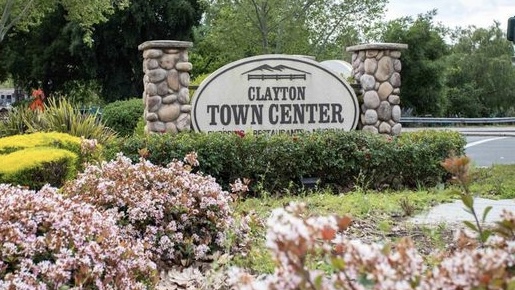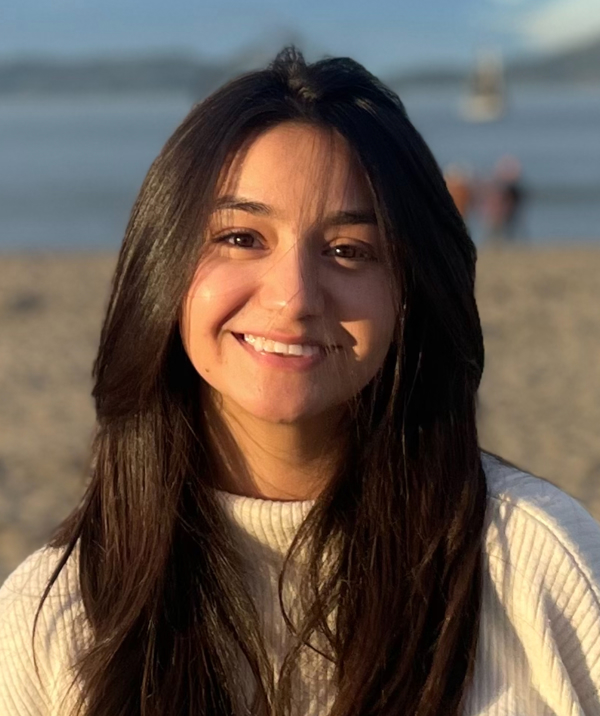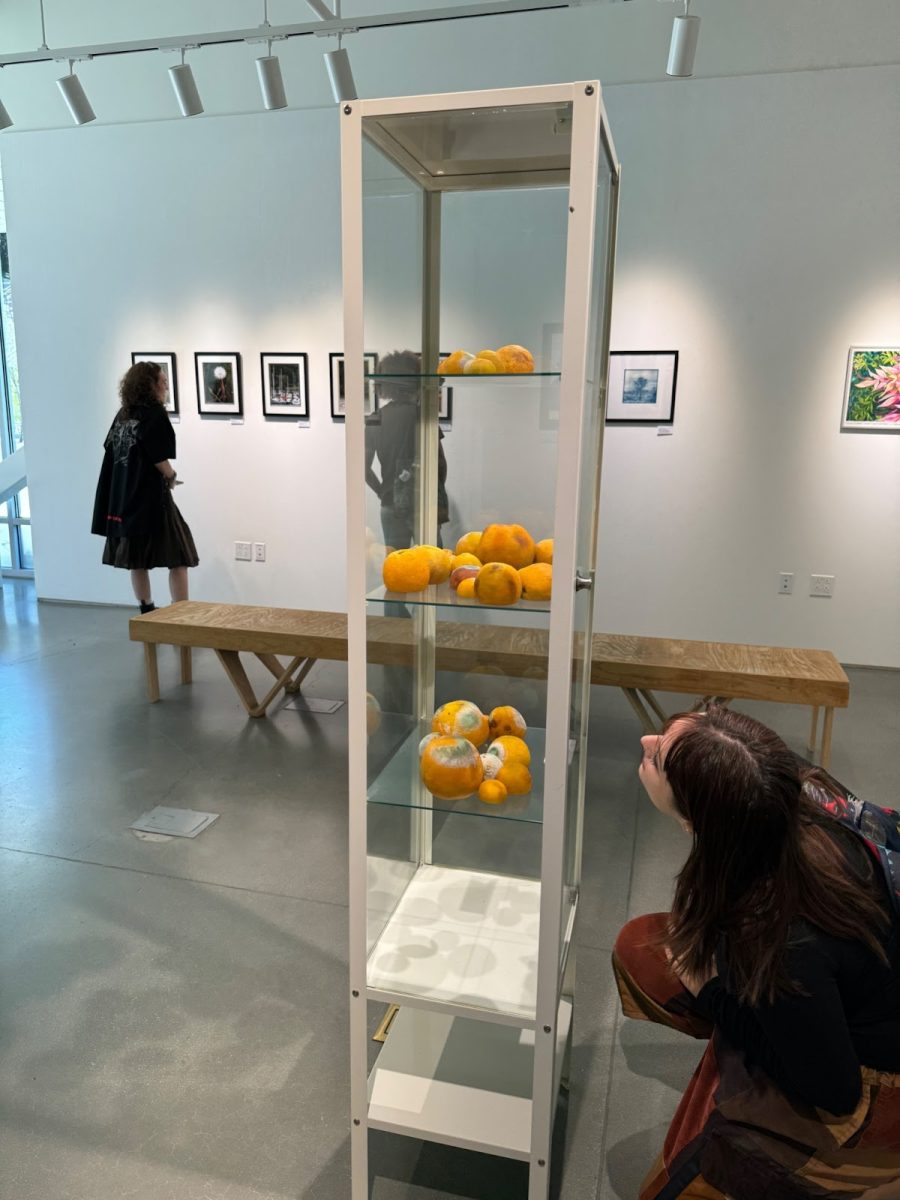If the college district’s new communications director, Tim Leong, really wants to improve relations with the media, we have a suggestion: He should rip up his new plan.Channeling all press inquiries through a public relations person may work in the private sector, or at PG&E, where Leong worked for many years. Here, however, it reeks of spin and control of sources.District Chancellor Helen Benjamin got it right the first time, when she told the Inquirer: “If you’re doing a routine story, it would be cumbersome to have to go through a PIO,” she said. “It’s more in my mind for emergency events.”But it turns out she “misunderstood.” Leong’s plan is not just triggered by crisis. It is intended for any situation in which a reporter seeks information from a district or college official. College officials are supposed to contact DVC public information officer Chrissanne Knox before or after speaking with members of the press, and she can be present at interviews when she deems it necessary. At the very least, this is time-consuming for the reporter to go through Knox before talking to the person he or she intends to interview.At worst, it can have a chilling effect on sources, who feel they must tow the district line, thereby adversely affecting the reporters’ ability to get accurate information. Leong says the policy is intended to create a better relationship between the school and the press, but its most immediate result is to severely obstruct the flow of information. It has already begun to affect the Inquirer staff and other school newspapers within the district. A DVC newswriting student working on a story about campus safety was told by Lt. Tom Sharp she had to get the information from Knox, who would then get the information from him. Both Sharp and Knox then showed up for the interview with the student. A reporter from the Advocate, Contra Costa College’s student newspaper, was told to go directly to Leong when he tried to get an interview with Chief Charles Gibson about police understaffing, said associate editor Steven Anderson.During a crisis it makes sense for media calls to be routed through Leong or a campus public information officer. In such situations, these designated spokespersons can speak on behalf of the district or college and provide timely information.But outside of that situation, Leong’s plan becomes a tool to control and possibly even edit information sought by the media. The grade-sale scandal rocked the DVC campus in January 2007 after the Contra Costa Times broke the story and it made national headlines. And one can sympathize with college officials’ wish to clamp down on the flow of information in hopes the media will just go away..But as the grade sale scandal proved, hiding information can make the problem even bigger. Not only is it a hindrance for journalists, it destroys the district’s credibility. This plan appears to be an attempt to get positive messages out, while keeping negative information under wraps. It is not our jobs as journalists to regurgitate the district’s public relations spin.
Freedom of press in peril
Ariel Messman-Rucker
•
May 6, 2008
0
About the Contributor
Ariel Messman-Rucker, Staff member
Staff member and editor.






































































